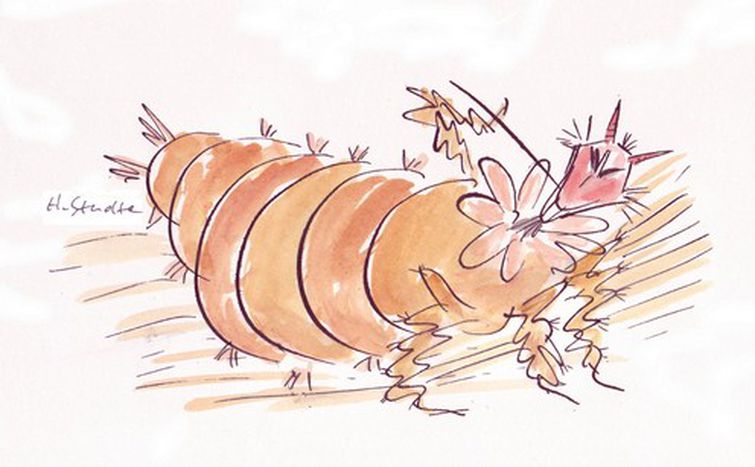
UGLY!
Published on
Translation by:
Francesca ReinhardtIt would appear that the world as we know it has gone insane. Young Brazilian girls start getting cosmetic surgery as presents for their fifteenth birthday. Models are starving themselves to death in the pursuit of beauty. Election experts conclude that the way politicians look is more important than their policies. This obsession with beauty gives rise to countless expressions for ugliness.
'Look what the cat dragged in', cry mean-spirited Brits at the sight of a bedraggled human being. There's a similar sentiment in Poland: 'he looks like a dog dragged from the kennel' ('wyglda jak wycignita psu z garda.') The Germans can be no less insulting: 'as if he's been vomited up' ('wie ausgekotzt.')
The Poles can raise the bar a bit however, and use poetic license to express the matter in a different way: 'ugly as the night' ('est brzydka jak noc'). The origin of this expression is not easy to determine. Perhaps it reflects the fact that only in the dark of night can one manage to love the benighted person’s ugliness.
The Spanish are certainly less prosaic in such situations. They find an individual 'as ugly as punching one’s own father' ('Eres más feo que pegarle a un padre.') The undertone is moral rather than derogatory. Both the Catalans and Italians also explore the unrighteous characteristic of being ugly: 'Ets més lleig que un pecat' and 'brutto come il peccato' ('you are ugly as sin').
The most interesting, however, is the French expression, 'uglier than a louse' (plus laid qu'un poux.') Apart from the obvious distaste commonly harboured for the tiny pests, there is a much more compelling allusion: lice were the third biblical plague to afflict the Egyptians in Exodus, the second Book of Moses.
Translated from Paskudny!



